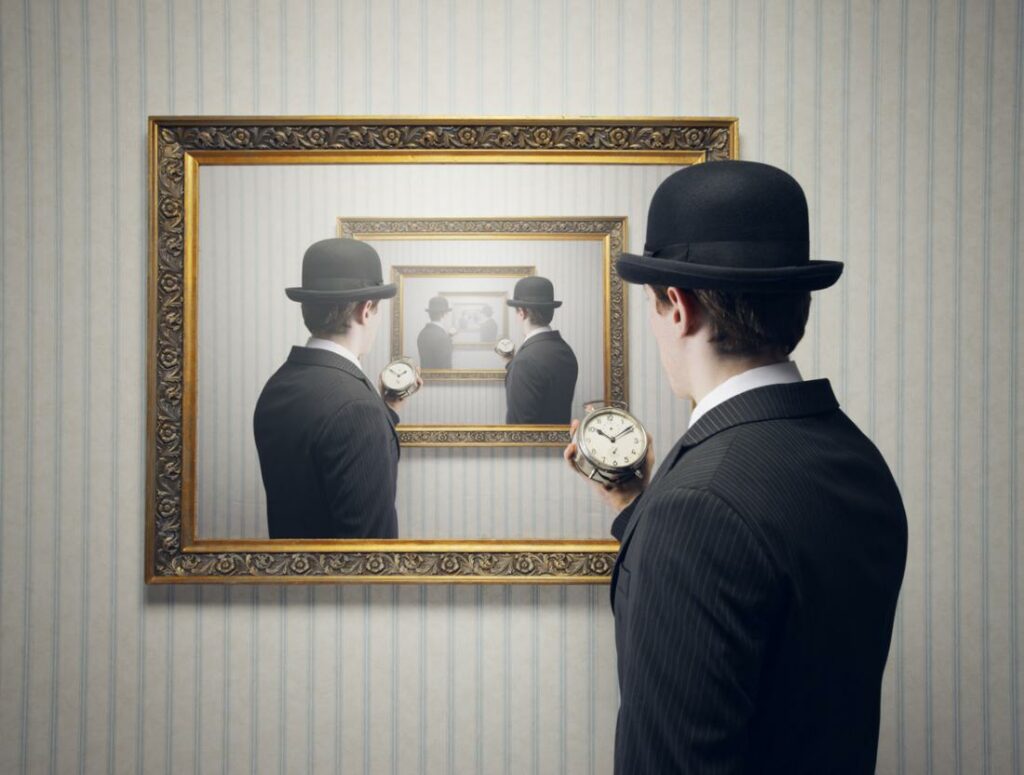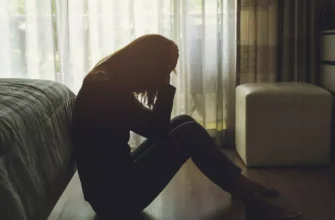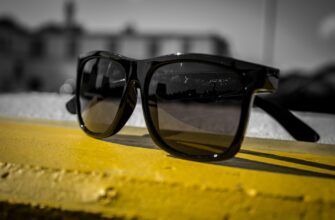
You’ve undoubtedly thought, “What just happened to me?” at least a few times when you’ve felt déjà vu. The French word “déjà vu” refers to the feeling of being familiar with someone, somewhere, or something even when we haven’t really encountered them before.
Up to 70% of people encounter this bizarre occurrence, although more people in the age range of 15 to 25 experience it than in any other.
You may have traveled along a road in a strange nation previously and felt as though you have been there before. This feeling is known as deja vu. But logically, you are aware that you haven’t. (This writer has had a very weird encounter with deja vu while driving.) Even while it is the precise meaning of deja vu, it doesn’t adequately describe what it is or why it occurs.
What does deja vu actually mean?
We’ll go into great detail so you can better understand it the next time it occurs to you.
IF YOU’VE EVER HAD DEJA VU, HERE’S THE MEANING BEHIND IT
Even though everyone has a unique deja vu experience, the significance underlying the phenomena is constant. Deja vu is so common that scientists have even started examining it in order to learn more about what causes it.
Deja vu happens so that we may “verify” our memories, according to research done by Akira O’Connor and his team at the University of St. Andrews in the United Kingdom.
O’Connor and his colleagues devised a method to induce the sensation of deja vu in the lab in order to examine the phenomena.
O’Connor and his team initially devised a method to elicit “fake” memories in order to carry out the investigation. They would give the participants a list of phrases that were connected, such as bed, pillow, night, and dream, but omit the word that connected them all—in this case, sleep. Many of the subjects claimed to have heard “sleep” when the researchers later grilled them about the words, which would constitute a false recollection.
O’Connor’s team asked the participants whether they had heard any words beginning with the letter “s” in an effort to mimic the sensation of déjà vu. They claimed not to have. They later realized they couldn’t have heard the term “sleep,” but they still recognized it when it was asked whether they had. They claim to have experienced a peculiar déjà vu feeling, according to O’Connor.
The 21 individuals had brain scans using fMRI while having deja vu. The hippocampus and other memory-processing regions of the brain could have been predicted to become active during this occurrence, but this unexpectedly didn’t happen. Instead, the decision-making centers in the frontal lobes of the brain were stimulated, according to O’Connor’s team.
He surmises that this happens as a result of the frontal parts of the brain presumably combing through our memories and alerting us to memory errors.
As a result, there would be a discrepancy between what we HAVE experienced and WHAT WE BELIEVE WE HAVE experienced.
According to Stefan Köhler from the University of Western Ontario in Canada, déjà vu “suggests there may be some conflict resolution going on in the brain during that time.”
WHAT THE STUDY SAYS ABOUT YOUR MEMORY
According to the study, having a strong memory-checking mechanism includes experiencing deja vu, and those who have it more frequently are less likely to forget the specifics of significant events.
Given that memory tends to deteriorate with age, this would explain why younger individuals experience deja vu more frequently.
According to O’Connor, “it may be that your general checking system is deteriorating and you’re less likely to discover memory errors.”
The study’s findings don’t appear to be very encouraging for those who have never had deja vu, according to Christopher Moulin of Pierre Mendès-France University in Grenoble. They don’t consider their memory systems without being cruel, he claims.
On the other side, according to O’Connor, those who don’t feel déjà vu could really have stronger memories in the first place. Deja vu won’t occur if people aren’t recalling things incorrectly, he claims.
According to Köhler, it’s still unclear if deja vu genuinely helps the brain. He speculates that people may become more cautious as a result of déjà vu because they may be less confident in their memories. “However, we don’t yet have any proof of it,”
No one can fully establish that the meaning of deja vu has anything to do with prior life events, despite some individuals thinking it does. However, it is still a fascinating theory that, if confirmed, may actually help us understand ourselves much better.








